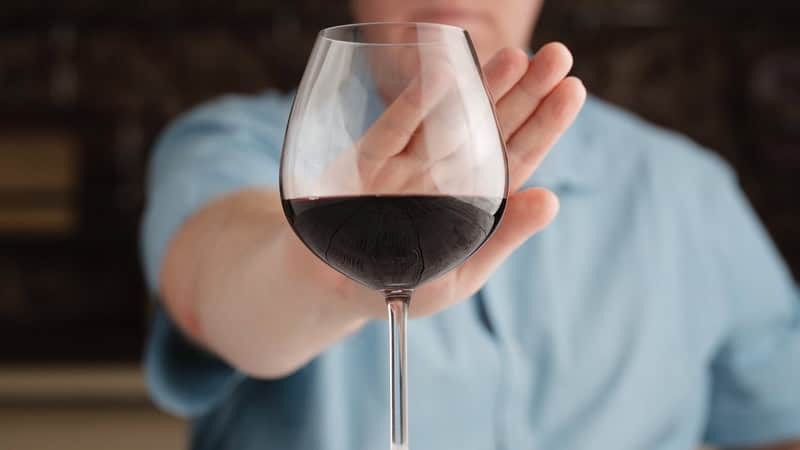Eulogy
A soul worth emulating

A friend passed away recently. I met him in the last year or so of his own independence, in his mid-80s when he could still drive and walk without support. He passed at 93, feeble only of body.
We visited frequently, lunched and dined often. I marveled at his appetite for not only food but the people who prepared and served it. He made himself a favorite for the portions he gobbled and his exclamations of “Oh, boy,” when the meal hit the table. He called servers “Darlin’” and “Pal.” I was with him when many a cook was called forth to be flattered.
He had a passion for competence. He demanded and rewarded it, and when he found it lacking, lacked the manners to keep it to himself. What made him different from other curmudgeons was that he wanted you to do better not for his convenience and expectations but for yourself. You deserved to do your best, because how long have you got?
THE LOVE OF A GIRL AND THREE THINGS
In World War II, he dodged death in the dangerous Pacific. Surviving made an impact on him; it does on most combat veterans. He came home to one person and three things he would love to the end: his wife, business, airplanes and giving away money.
He married the Georgia girl who caught his eye, as soon as he discovered she’d caught someone else’s.
Through hard work, savvy and talent, he made himself a kingpin of industry in Virginia; at one point in the 1960s, he’d become the state’s largest employer.
Aviation had no better friend; he loomed behind the growth of airports, museums and government rulings. With his wife he flew all over the country; it thrilled me to learn he thought well of my dad whom he knew when my father worked for the FAA at Byrd Airport.
A VISIT FROM MARLEY’S GHOST
In his waning years, he had several deathbeds. I sat beside one, holding his hand. He awoke to say: “Listen, kid. Money. It felt twice as good giving it away as it did making it.”
He funded many charities, but the performing arts became his focus. I’ll say he gave away millions but I have no reason not to believe it wasn’t tens of millions.
As you might imagine, his memorial service was well attended and beautifully testified.
He was called brilliant, generous, loving, tough. I knew him to be these, but for me he was these as a minimum. He had a grace belied by a sharp tongue, a twinkle too often lost in his plaints and a self-deprecating wit that got funnier as he grew frailer. “If it still works,” he’d say, “it hurts.”
Once, dropping him off, he stood from my car too quickly and tumbled onto his backside. By the stream of vitriol I could tell he wasn’t hurt, but the woman in the driveway appeared aghast. I helped him up; she asked if he was all right. “I’m okay, darlin’. You just took my breath away.”
Another time I told him I would give a woman friend of mine his best. He answered: “Give her yours. Mine’s too fragile.”
After the service, after accolades, anecdotes, prayer and repeated references to how remarkable he was, I overheard one mourner say, “I wish that could be my eulogy.”
Summoning my gone friend, who always admired my own lack of tact, I said, “So why not?”
For what made him remarkable wasn’t his money or generosity, his wit and love and loyalty. These made him wonderful, even important. But what made him special, even remarkable, was that sometime early in his adulthood, he was visited by Marley’s ghost.
You remember Marley, dragging a mighty chain and cash boxes.
“You were always a good friend, Jacob. Always good with business.”
“Business? Business? Mankind should be our business!”
Jacob Marley, that accountant of the soul, might have been a Japanese bullet that missed, might have been the love of a good family, could have been a thousand tragedies, thoughts, people or events; we won’t ever know. But mankind became my friend’s business.
And he became my Marley, sent to show me how much good could be done by one man straining against the currents of self-interest. I don’t have his wallet; I try to have his spirit. And he was right; it does feel twice as good.
We should all have a Marley, someone to tell us the weight of our chains, our credit score in the afterlife. It’s not too late; you didn’t miss it.
David L. Robbins is the best-selling author of novels such as The Devil’s Horn, The Low Bird and Last Citadel. The Sandston native is the founder of the James River Writers, co-founder of The Podium Foundation and creator of the Mighty Pen Project veterans’ writing program. In 2018, he was named by the Virginia Commission for the Arts one of the two Most Influential Literary Artists in Virginia for the last 50 years. He teaches advanced creative writing at VCU’s Honors College.


